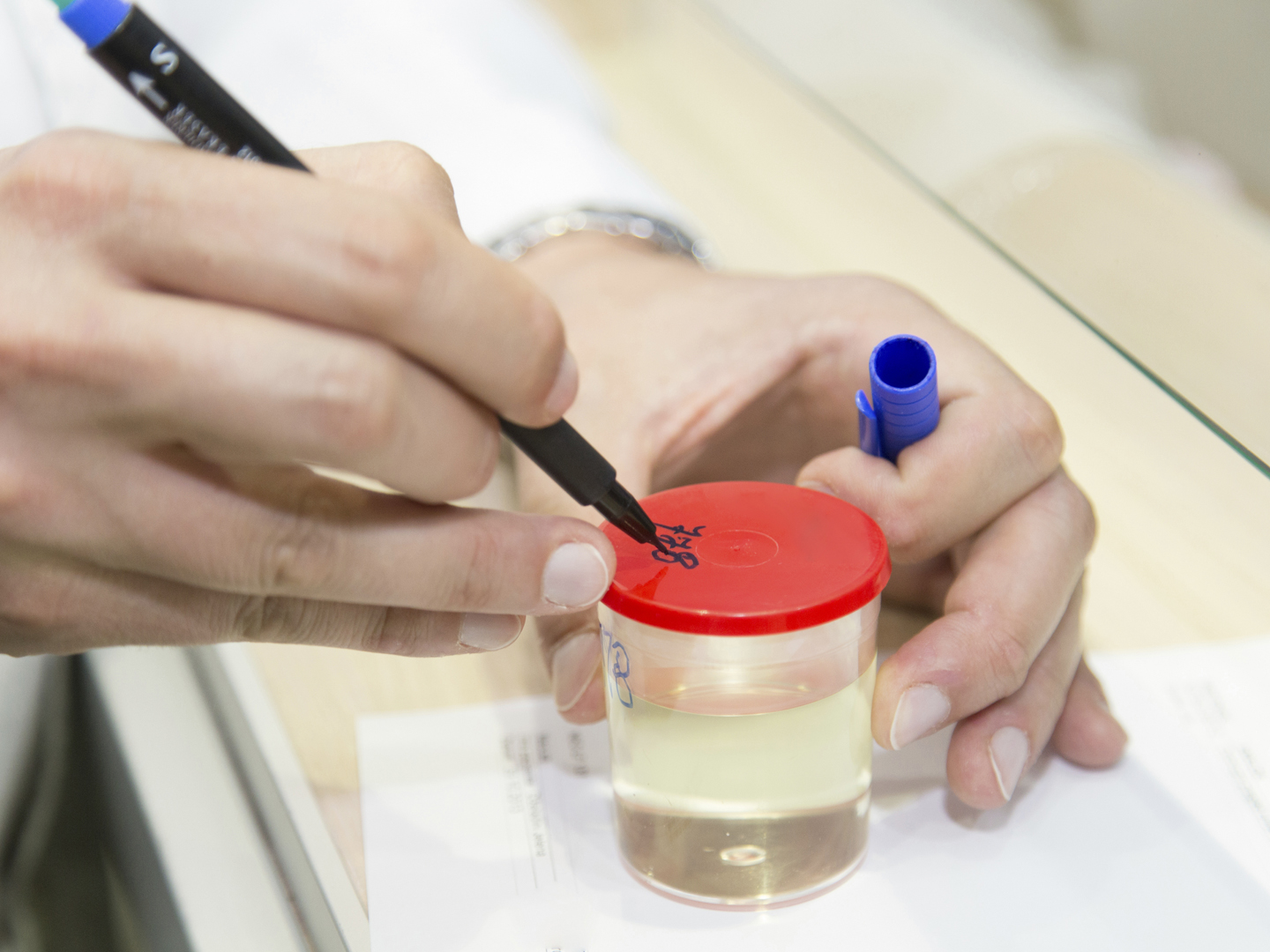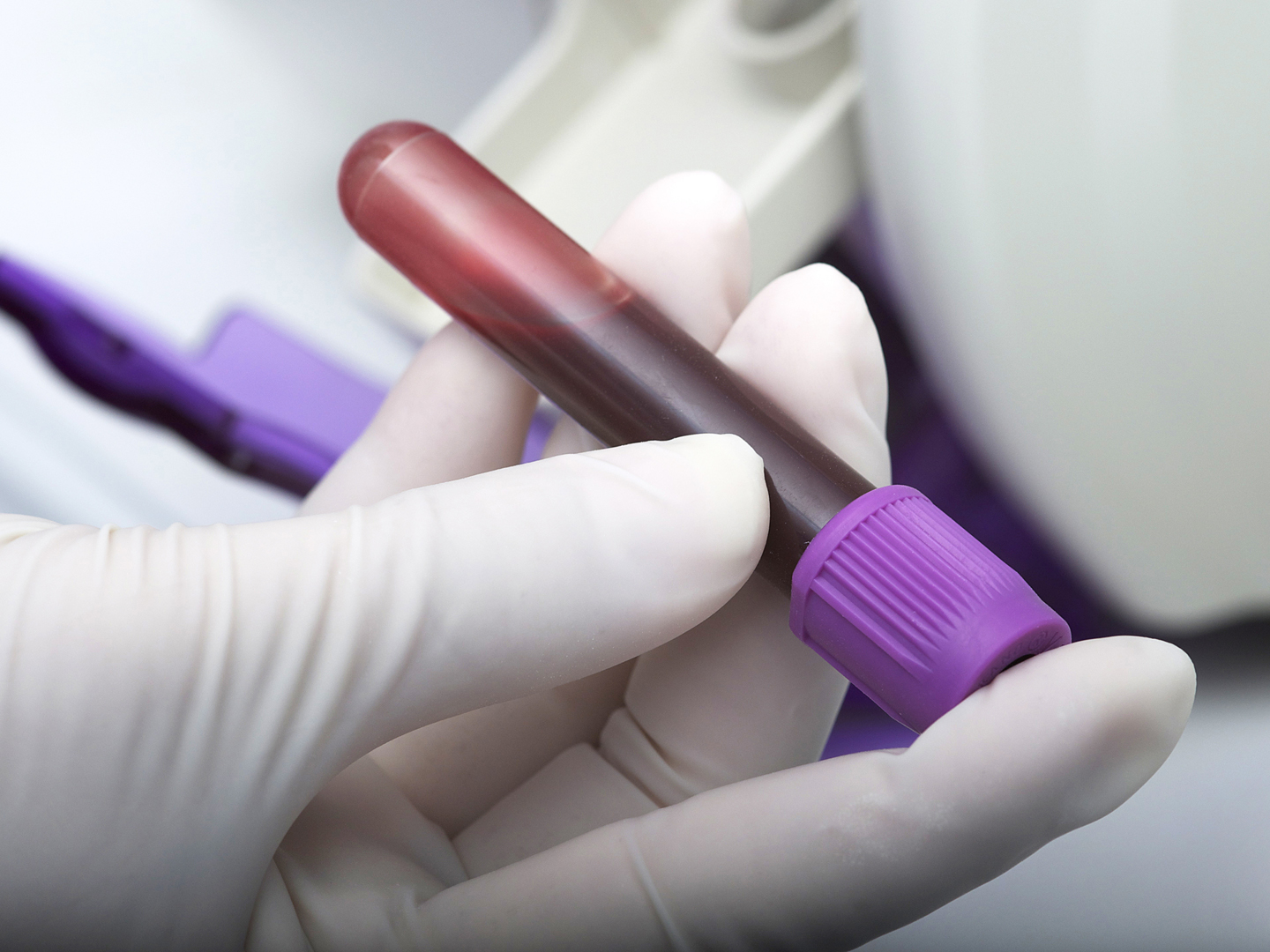Repairing Kidney Damage?
Can you suggest anything that would restore kidneys or slow down diabetic kidney problems?
Andrew Weil, M.D. | June 29, 2009

The function of the kidneys is to filter waste and excess fluid from the blood. Diabetes and high blood pressure are the leading causes of kidney disease in the United States. About 30 percent of patients with type 1 diabetes and 10 to 40 percent of patients with type 2 diabetes will eventually develop end-stage kidney disease – meaning that about 90 percent of kidney function has been lost. At that point, the only treatment options are dialysis or kidney transplant.
Diabetes injures the kidneys by damaging the organ’s small blood vessels, depriving it of nutrients and oxygen and limiting its ability to function properly. When this happens, the body retains more water and salt than it should, causing weight gain and ankle swelling. Lab tests may show that you have protein in your urine, and waste materials can build up in your blood.
Diabetes can also damage nerves, which can affect normal signaling to the brain that the bladder is full. If you don’t get the message to empty your bladder, pressure can build and further injure the kidneys.
I don’t know of any way to reverse kidney damage once it has occurred – there are no miraculous supplements or herbs for that. However, you may be able to slow progression of your kidney problems by keeping your diabetes under good control and having periodic tests of your blood, urine and blood pressure as your health care team recommends. If your blood pressure rises, you need to get that under control immediately. Angiotension (ACE) inhibitors used to control blood pressure can help slow the loss of kidney function.
As far as dietary measures are concerned, you should consider what’s called a renal-diabetic diet to keep your diabetes under control and slow progression of kidney damage, and a low protein diet will help take workload off the kidneys. You also should avoid alcohol and certain over-the-counter medications including those for pain and colds. Be sure to tell your health care practitioner about any drugs or supplements you take or are considering taking.
Andrew Weil, M.D.









